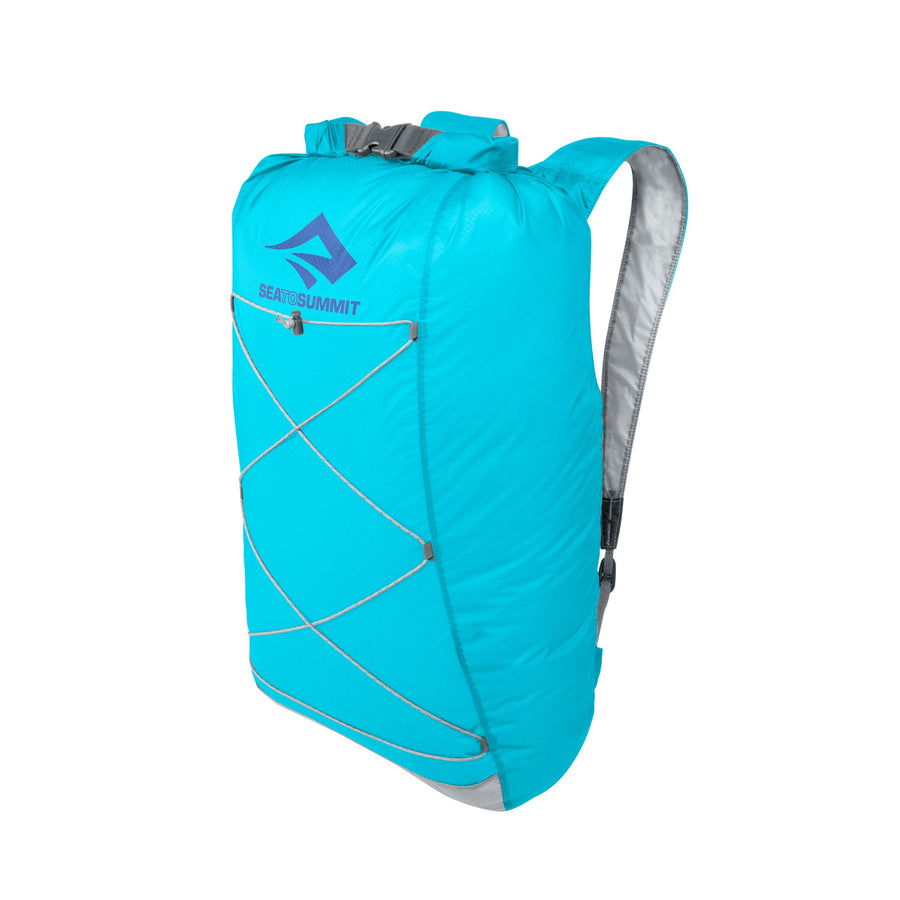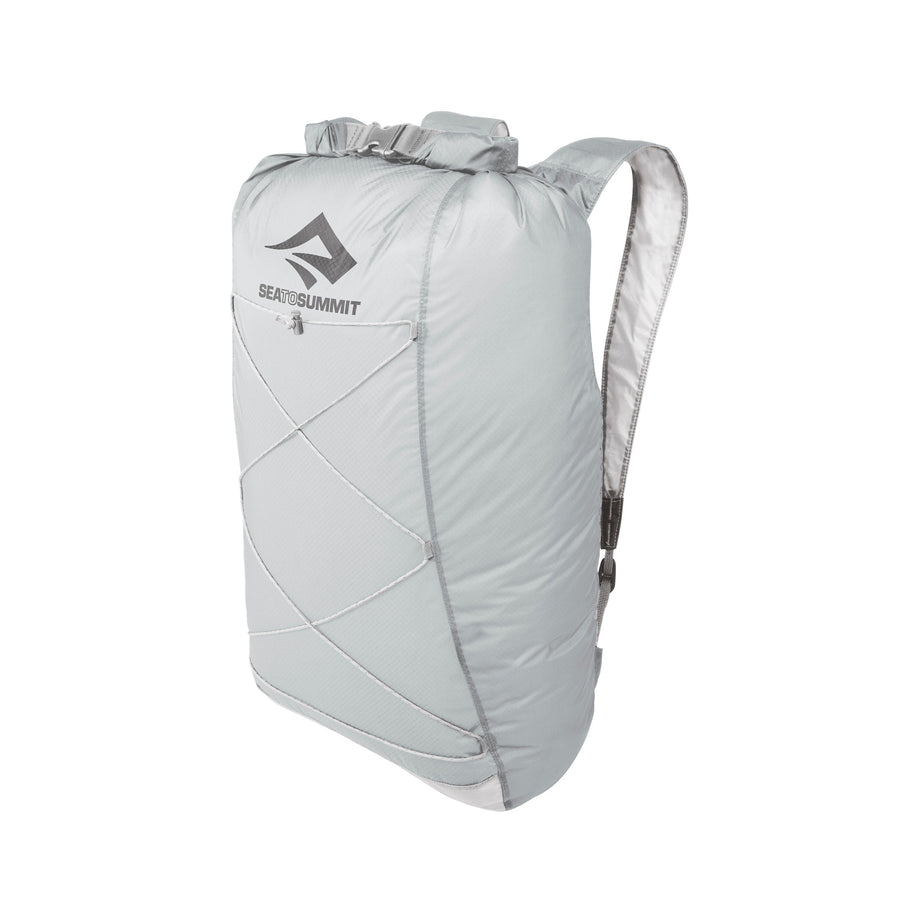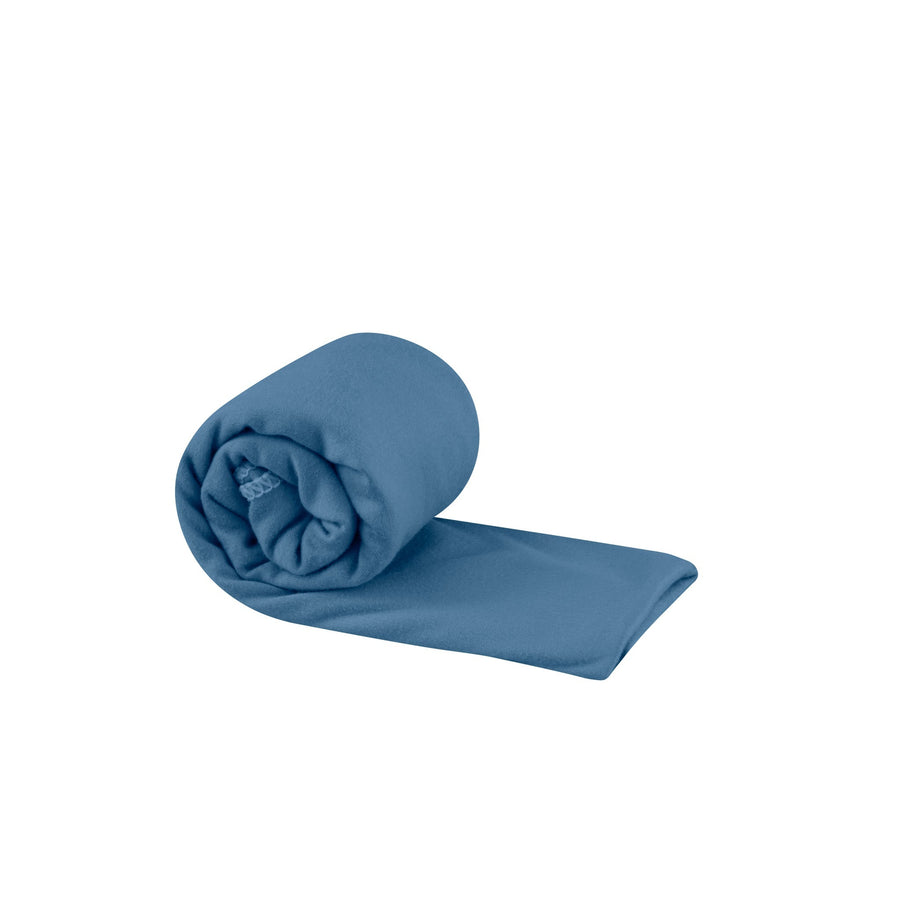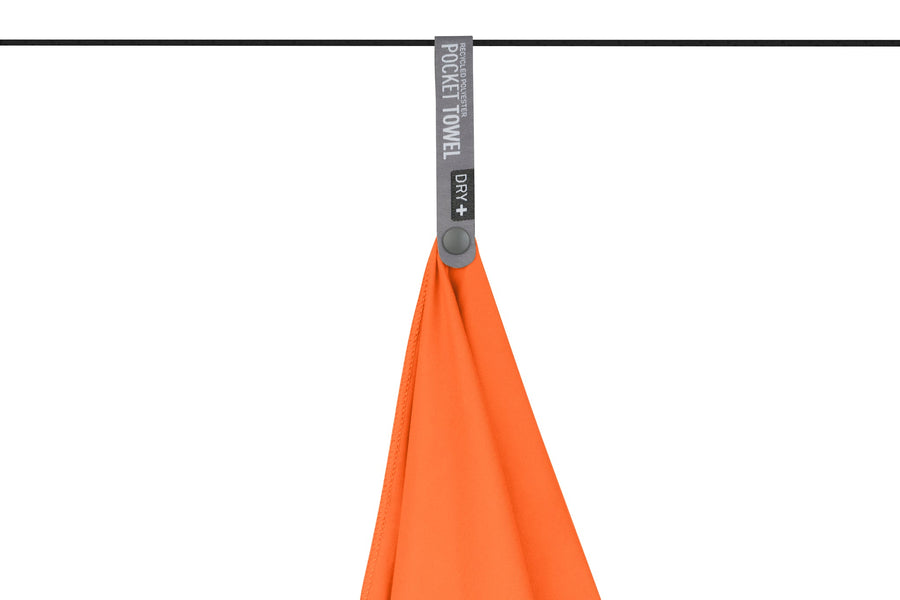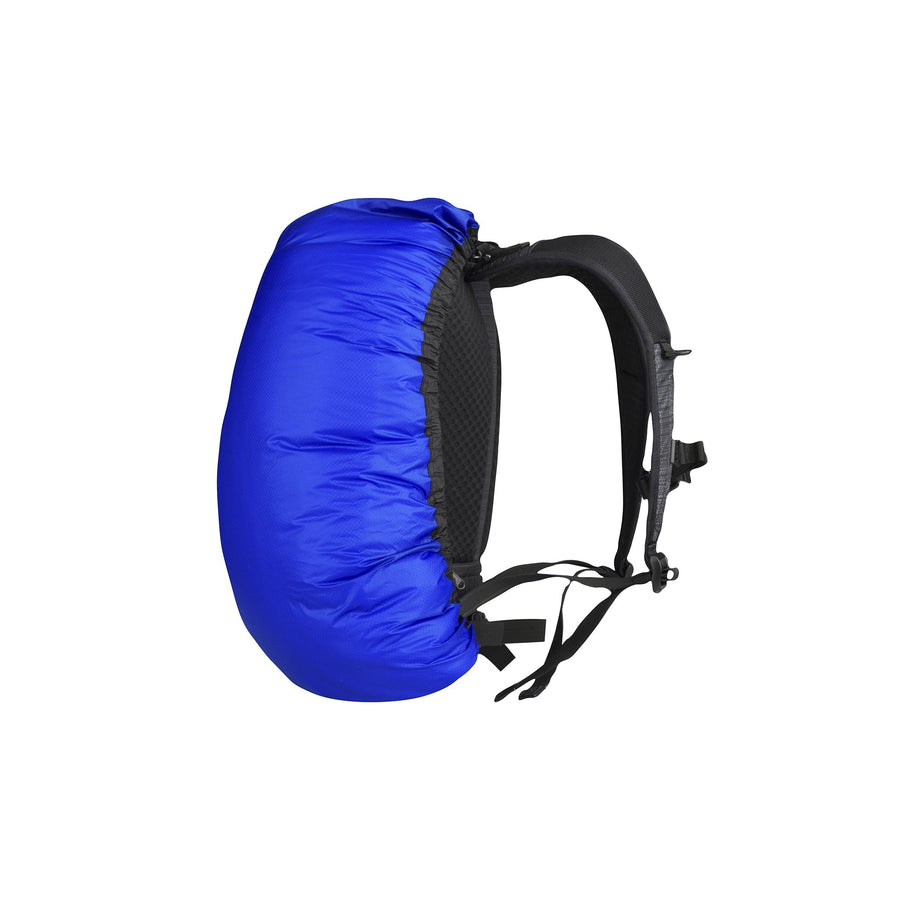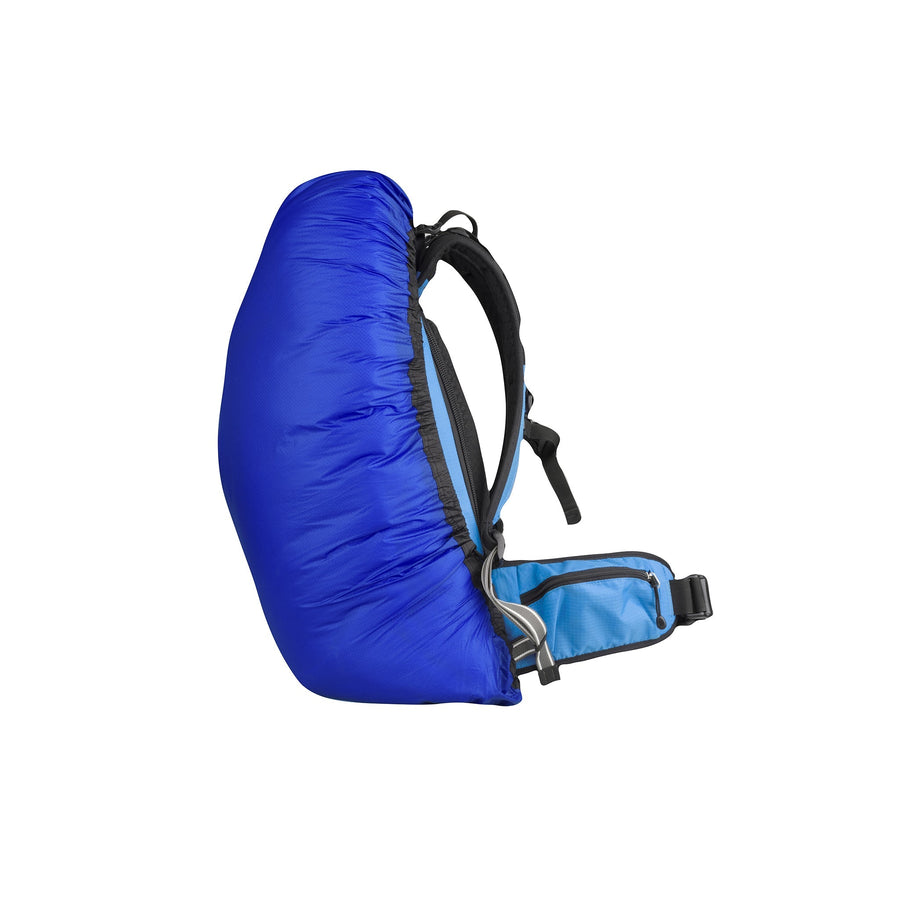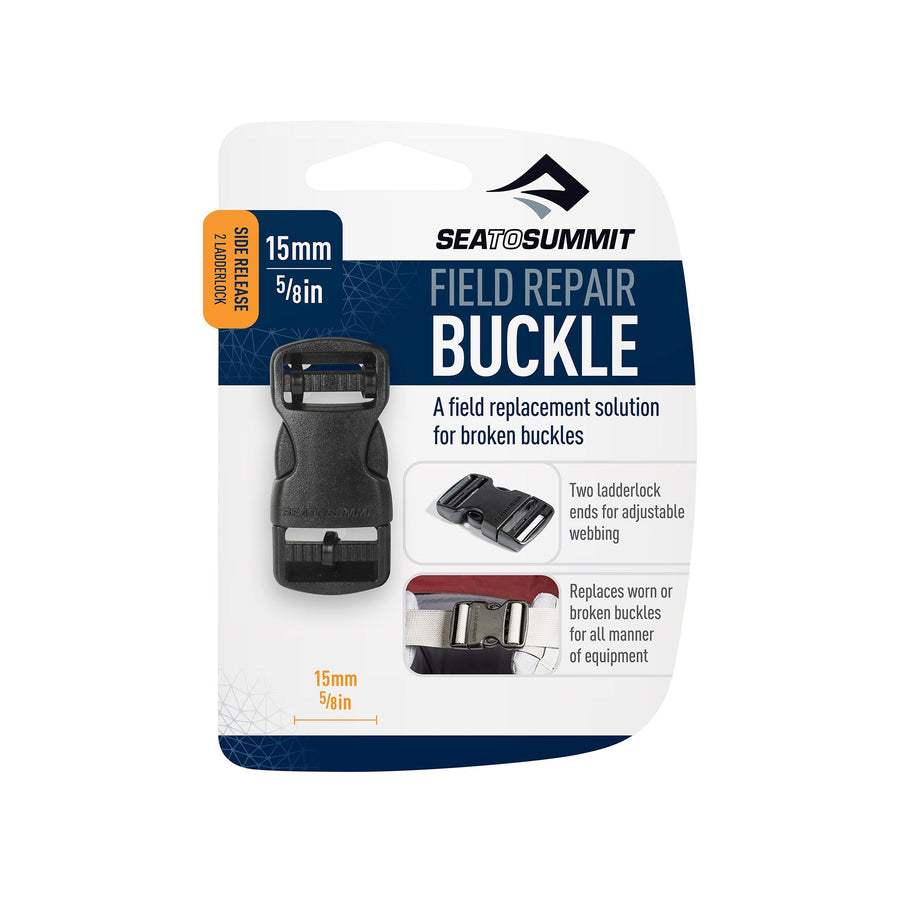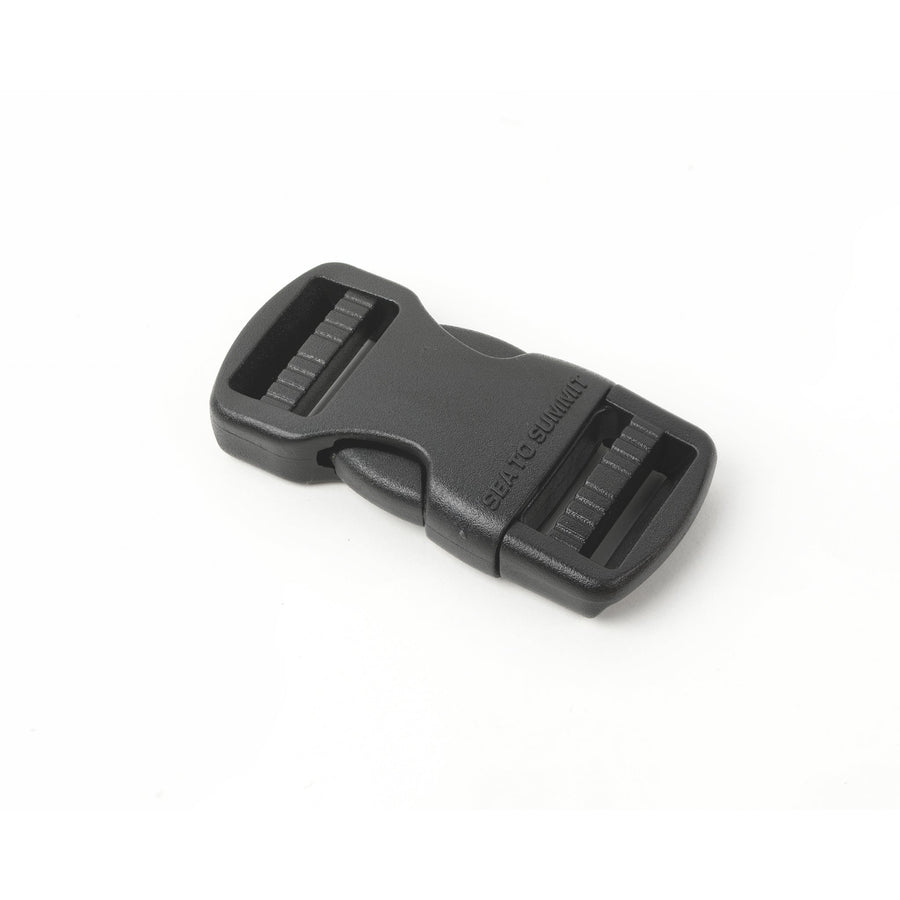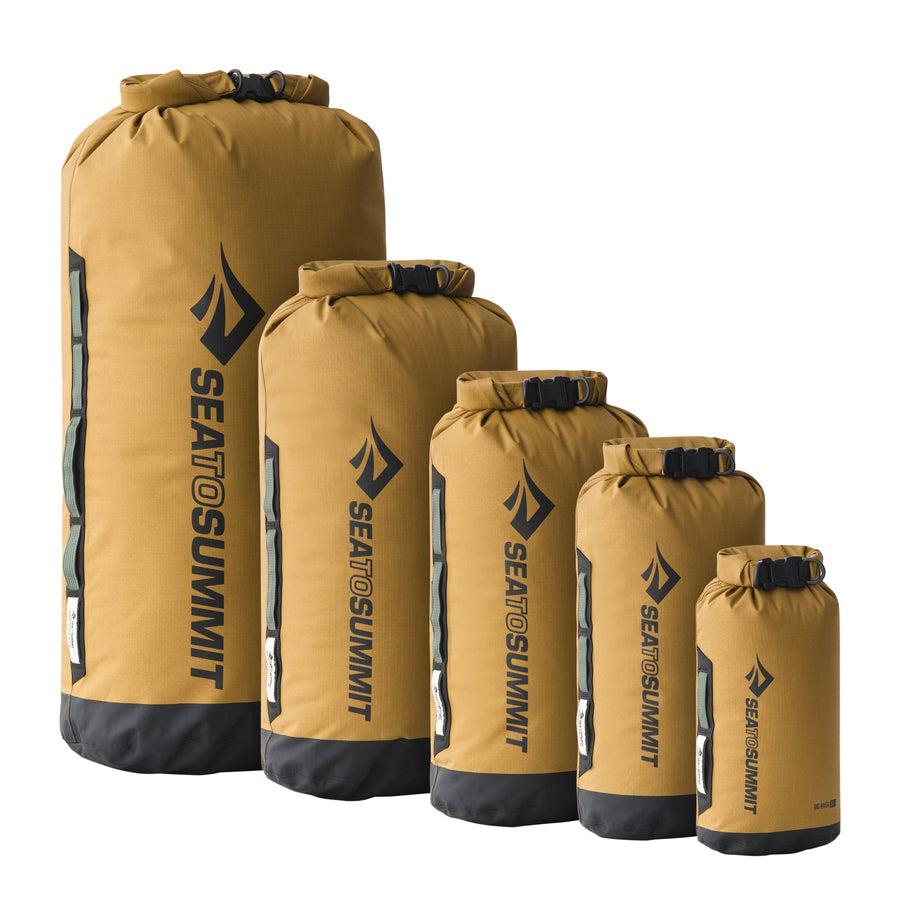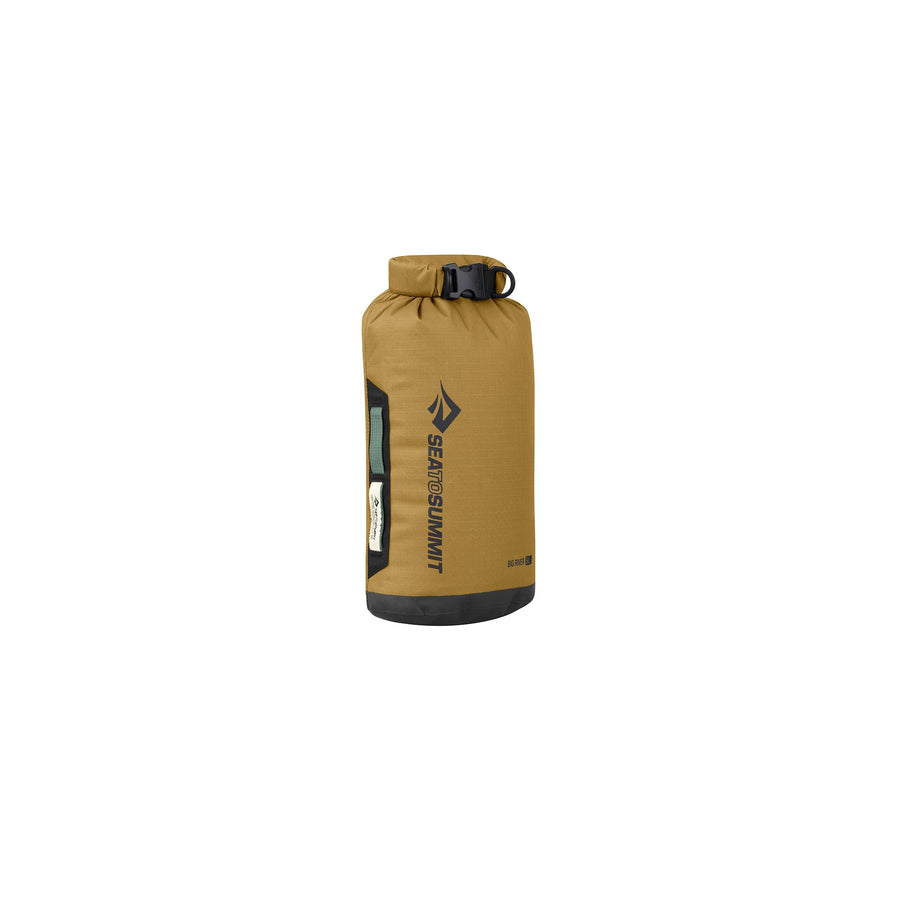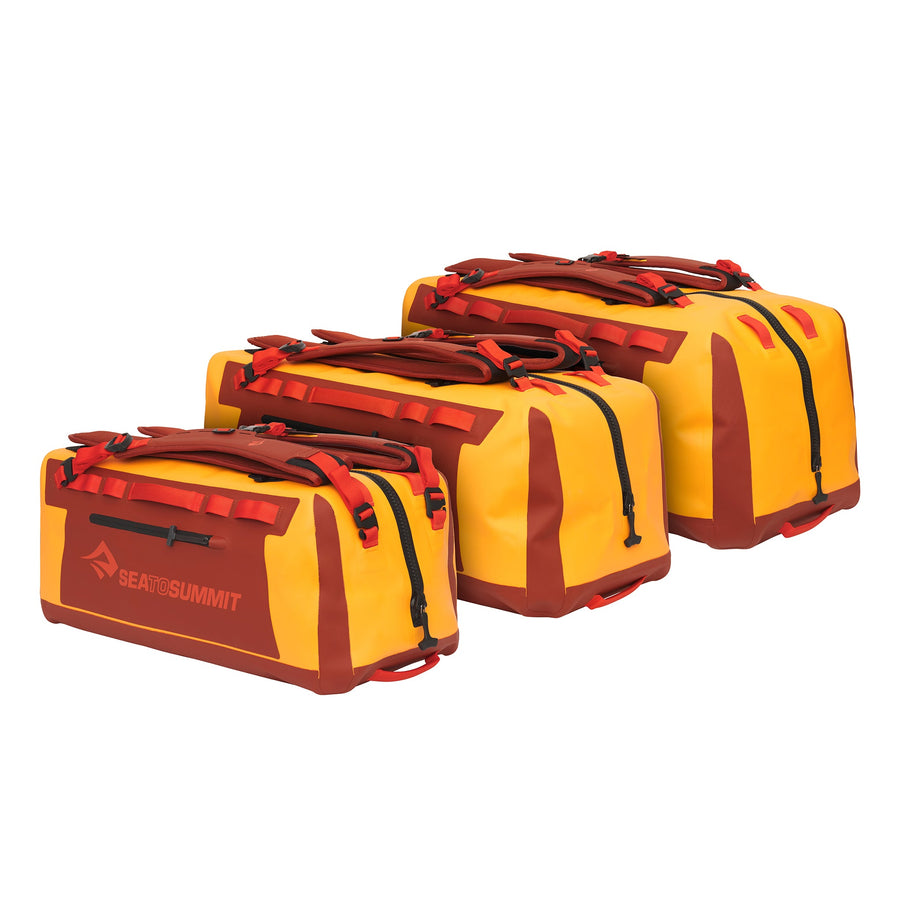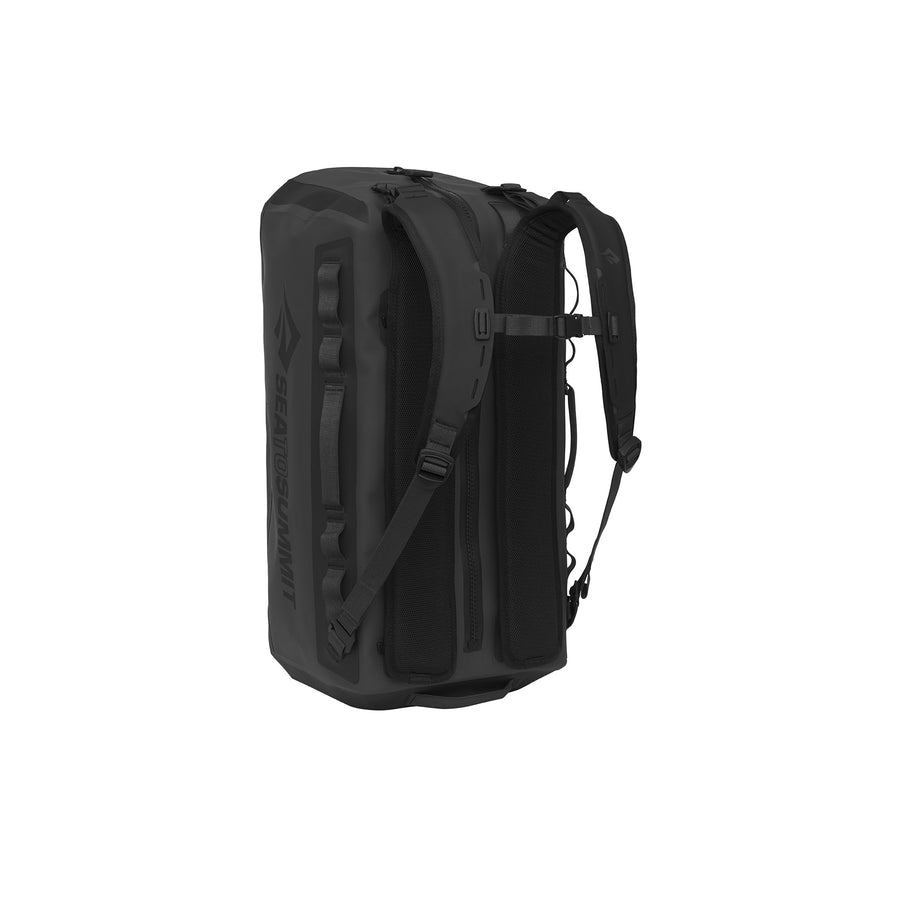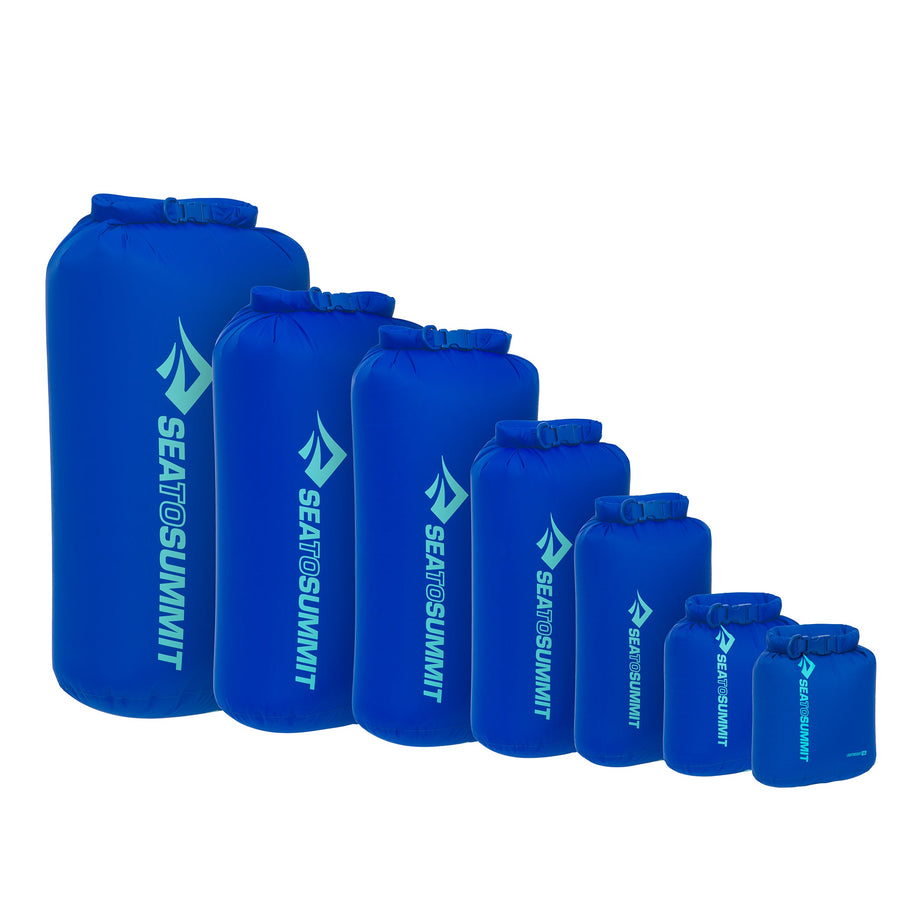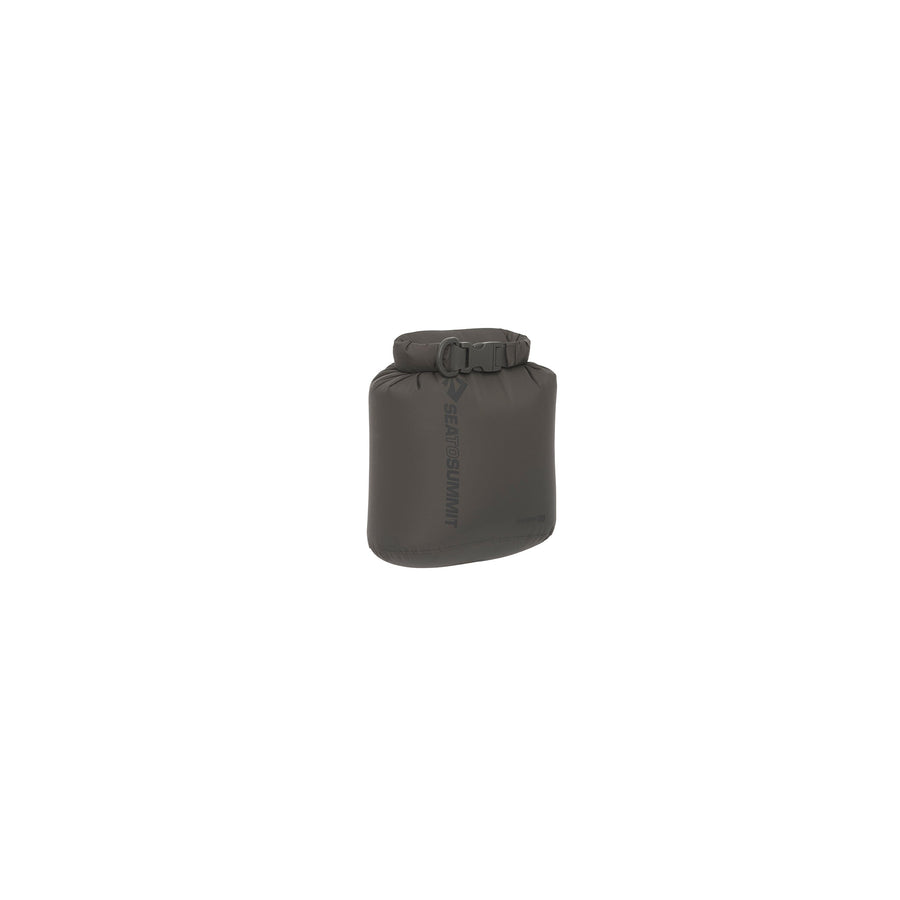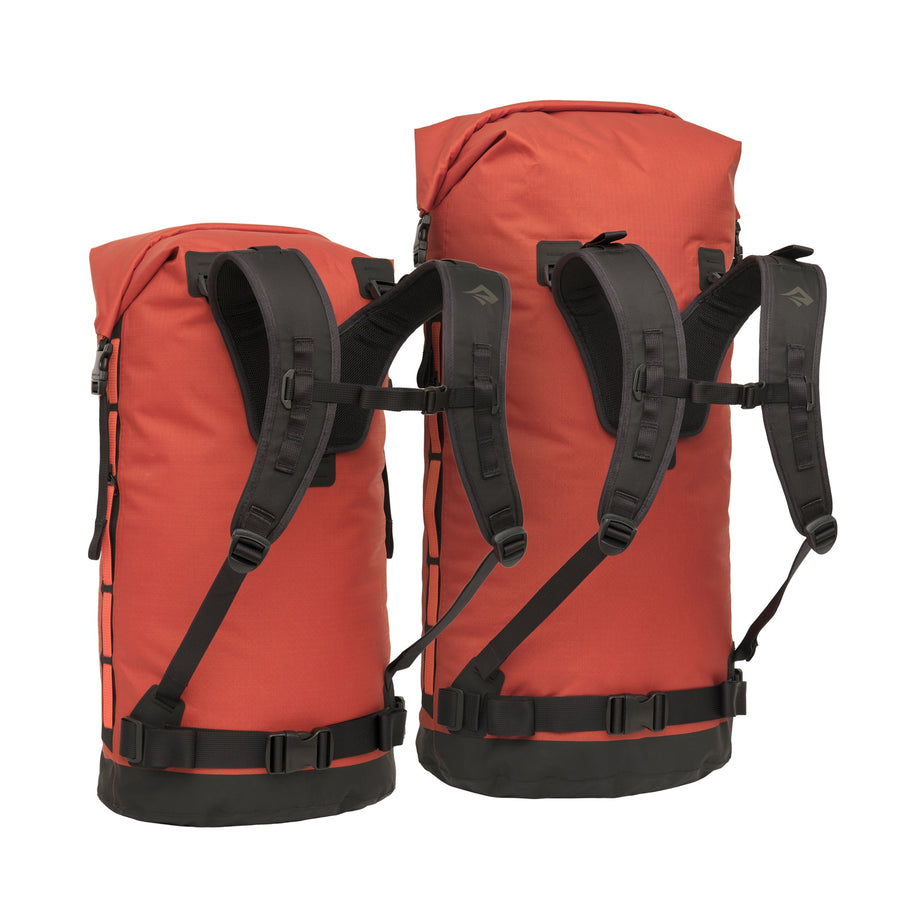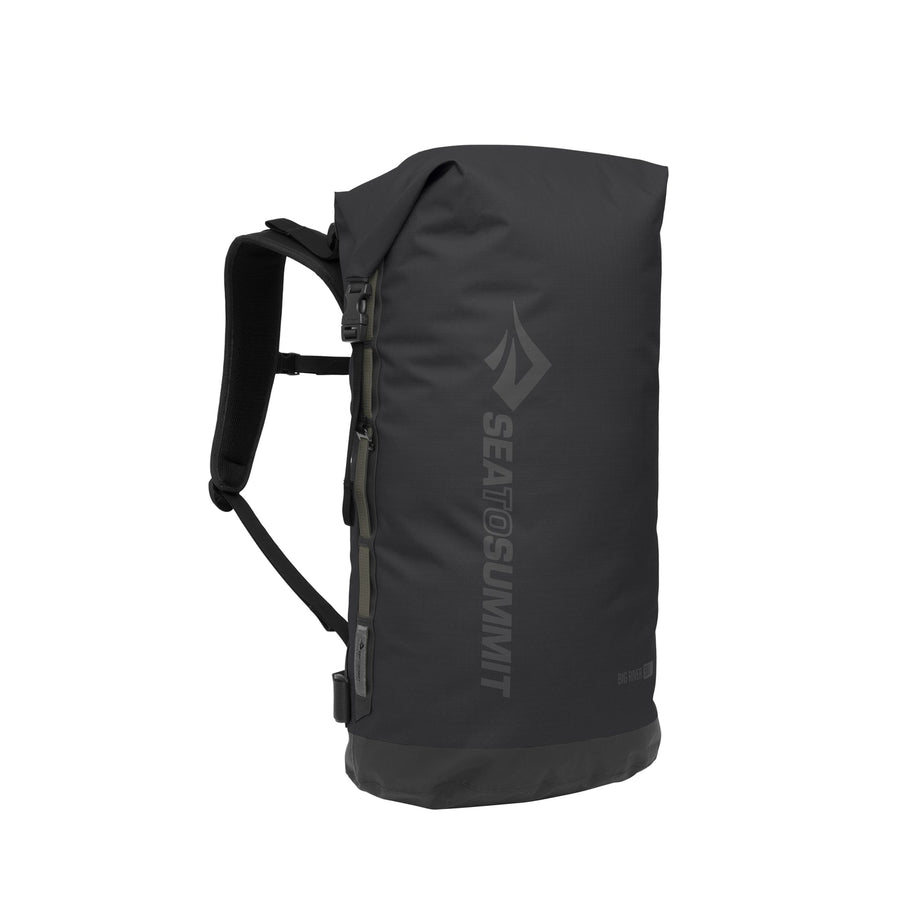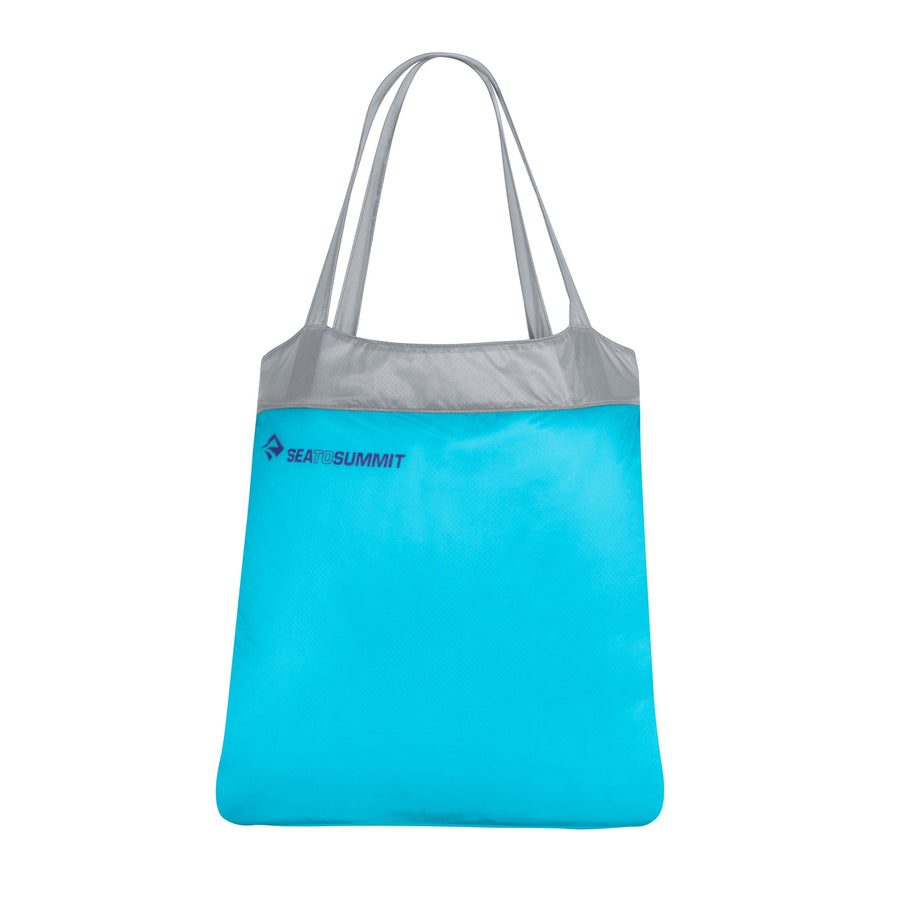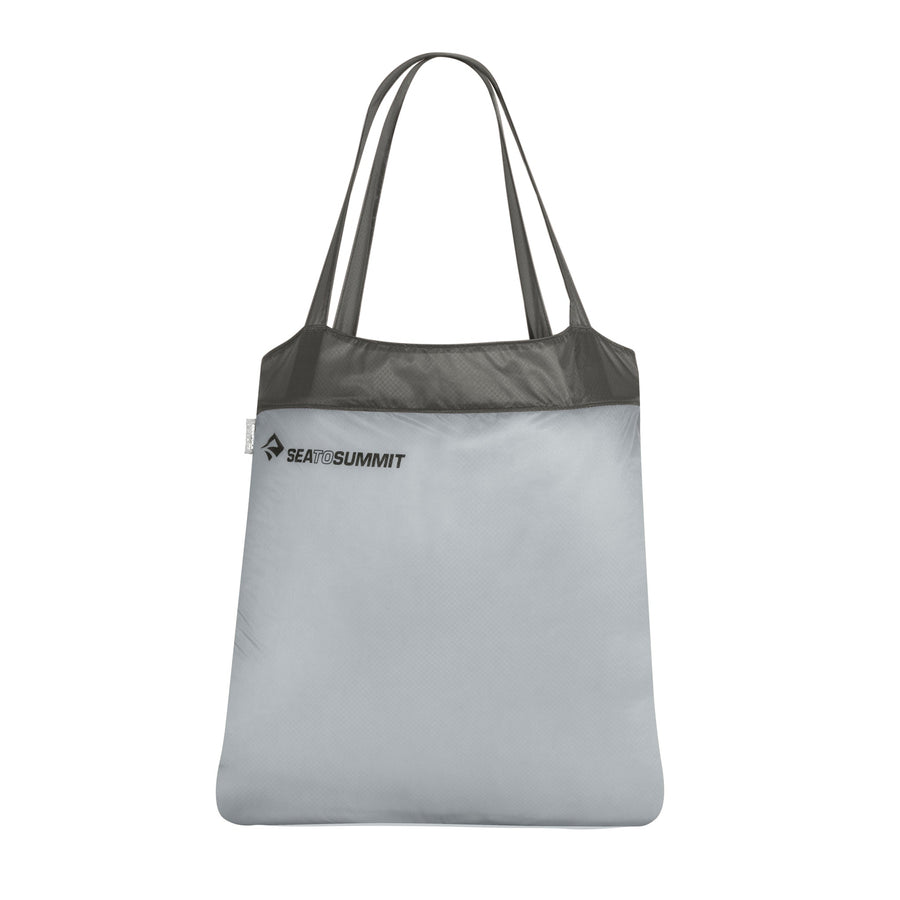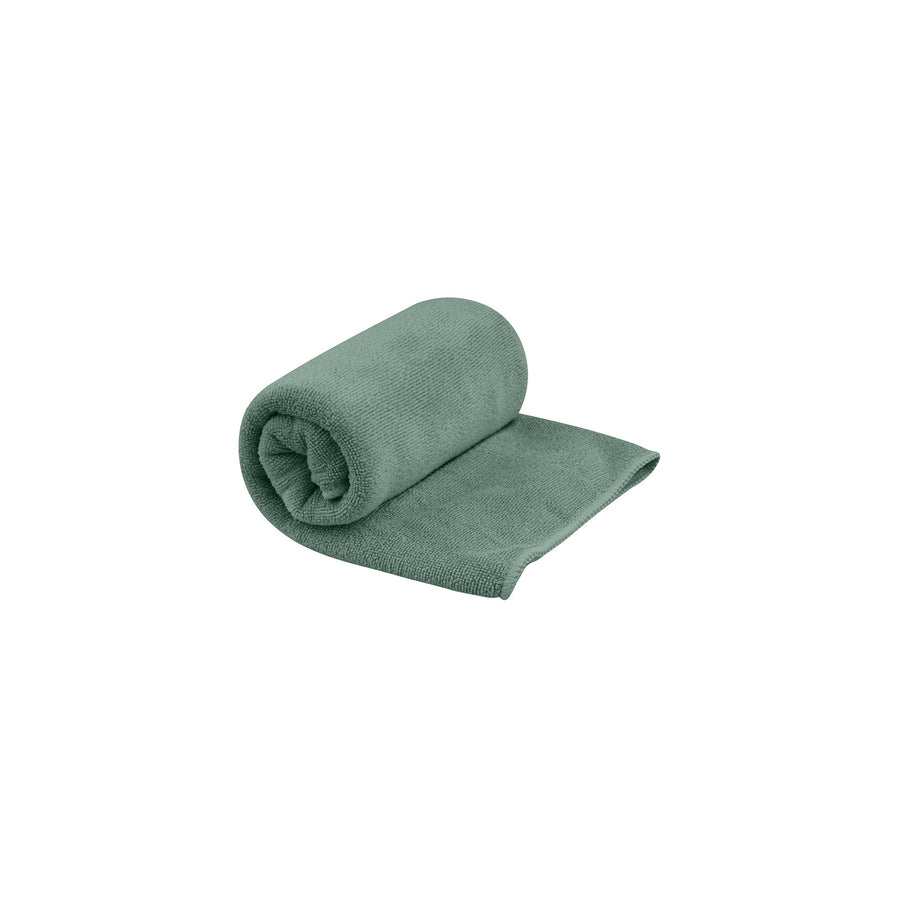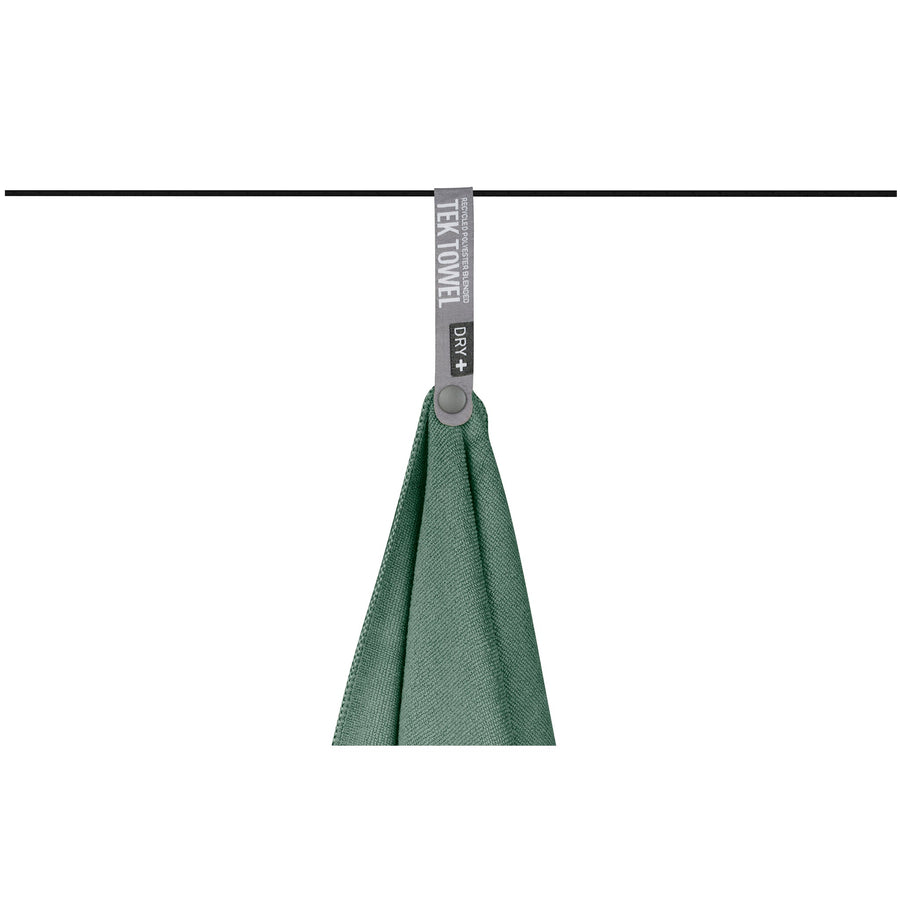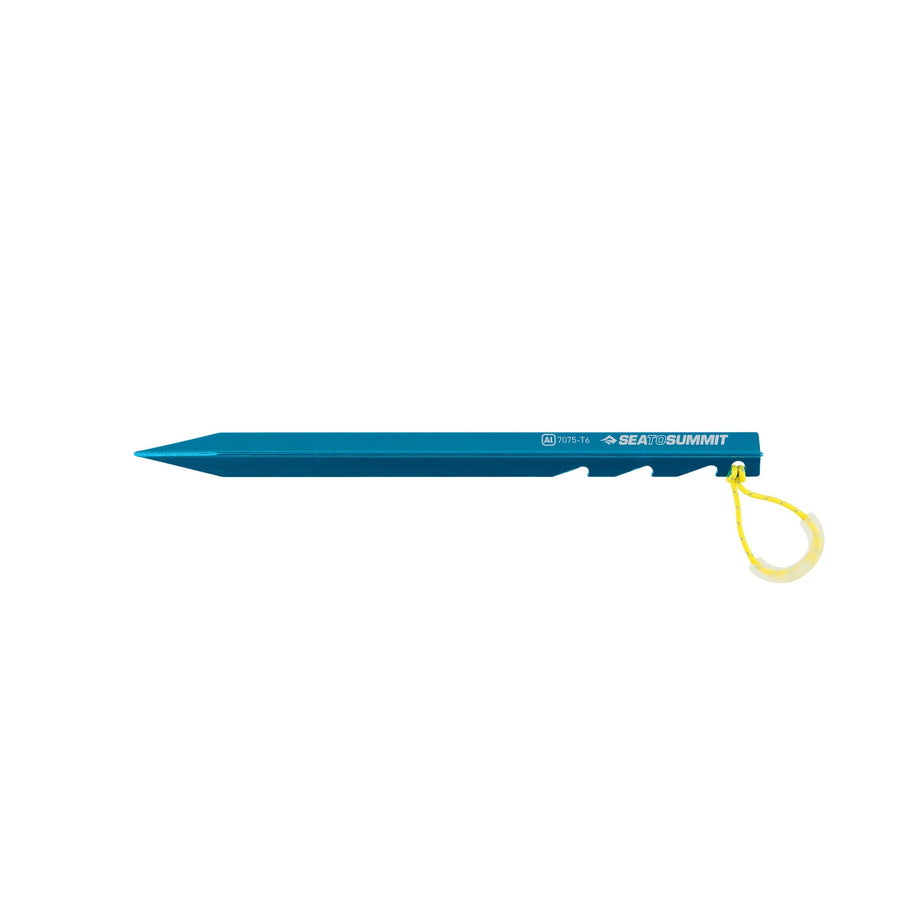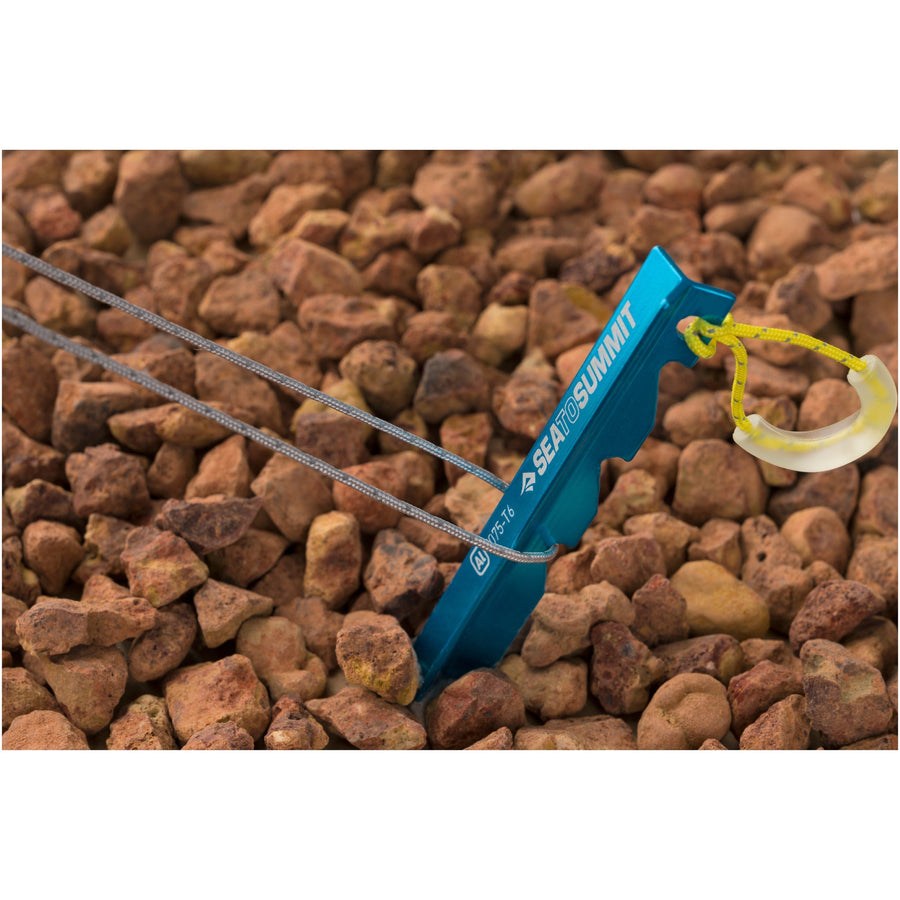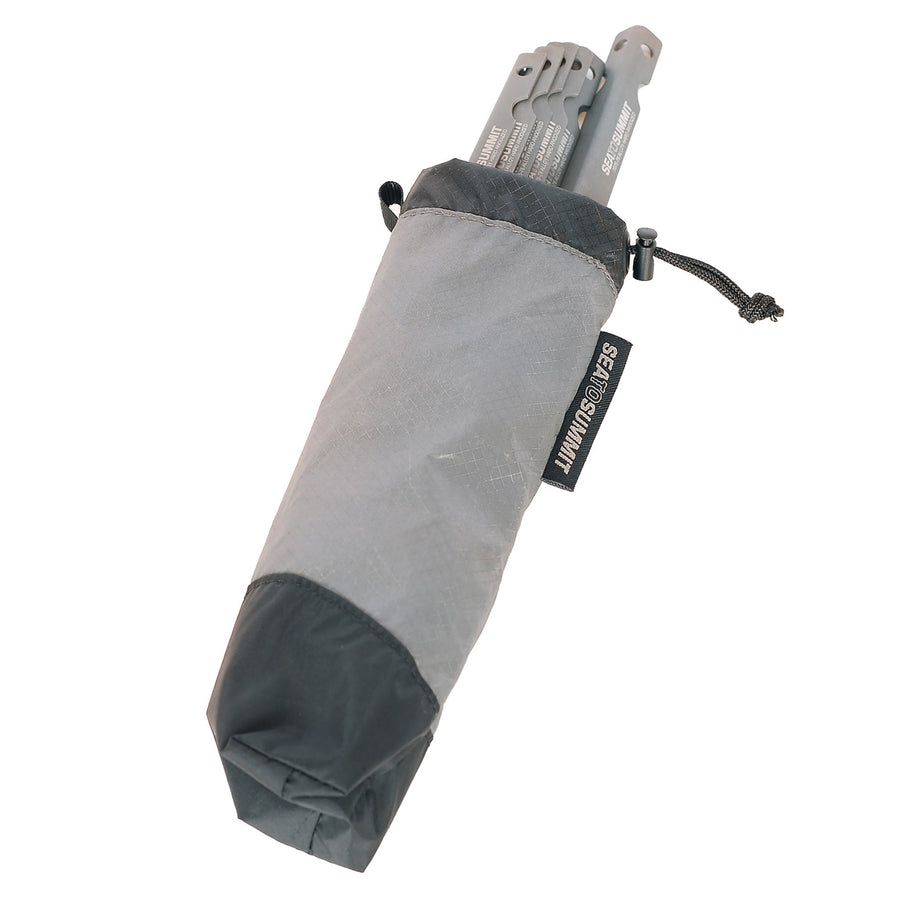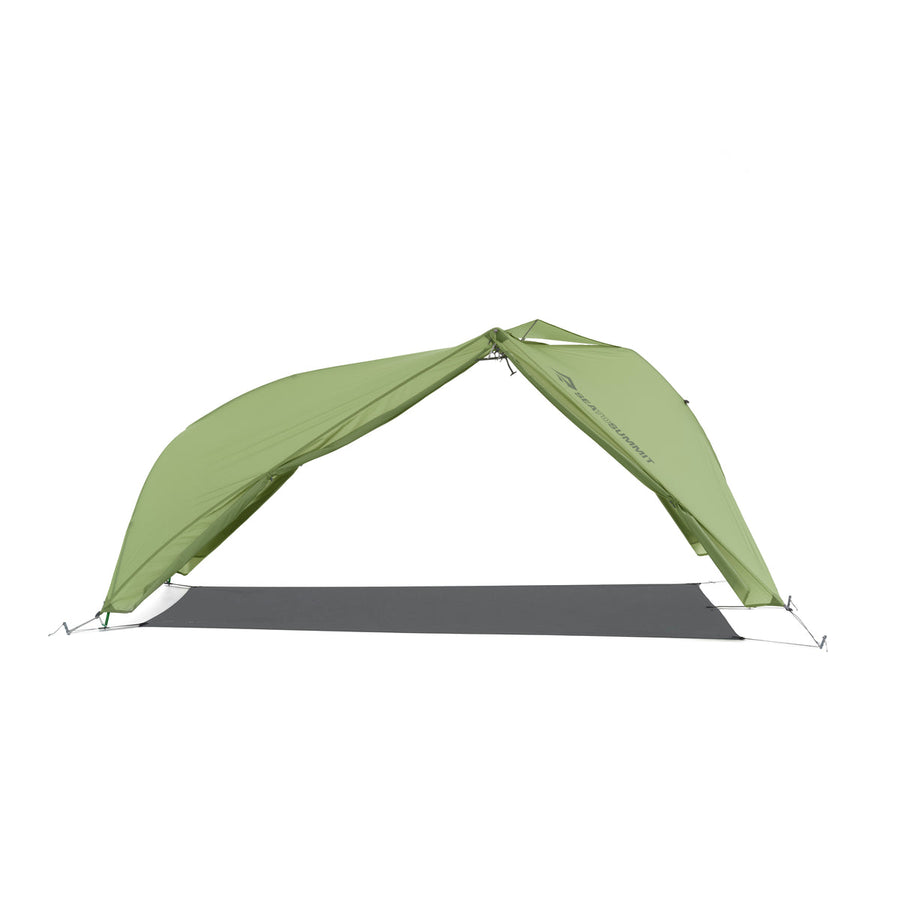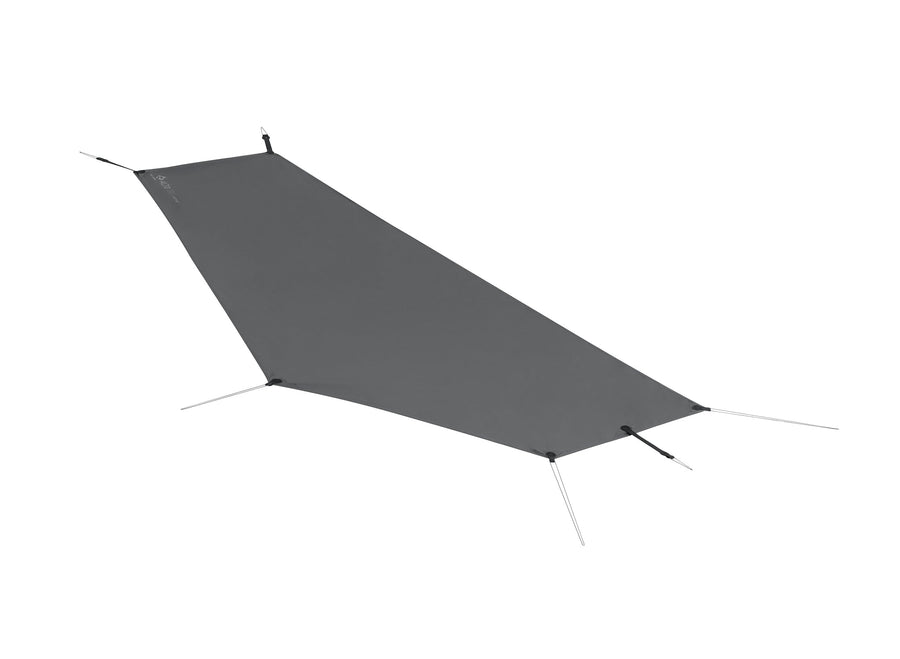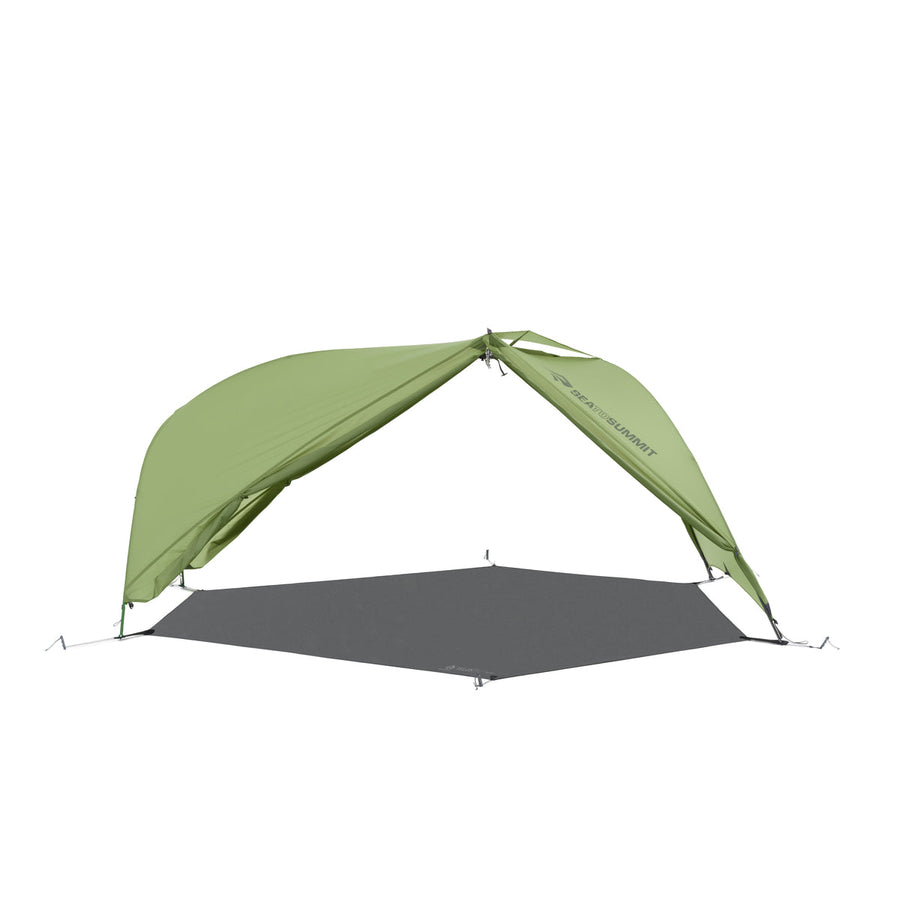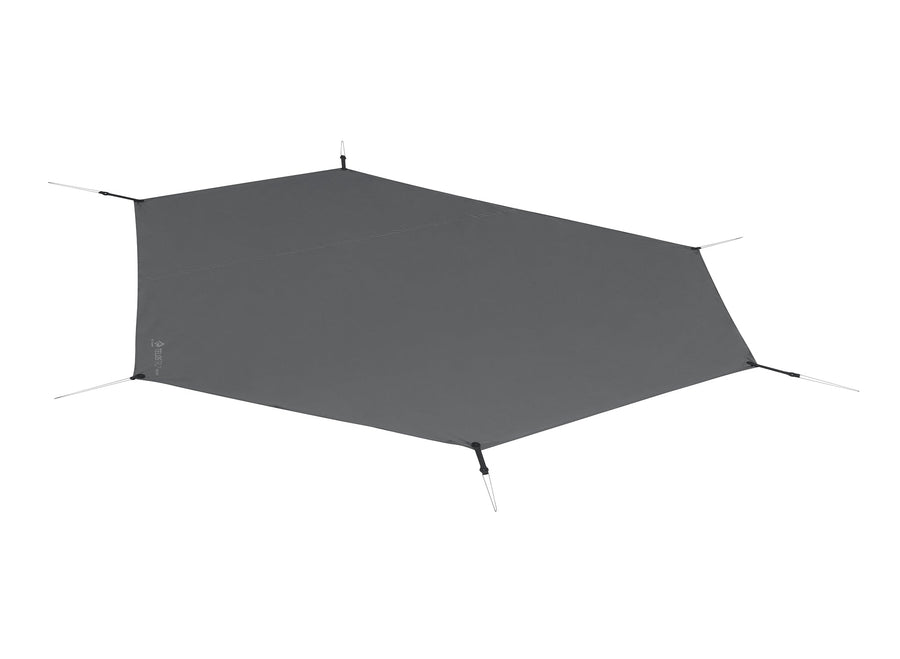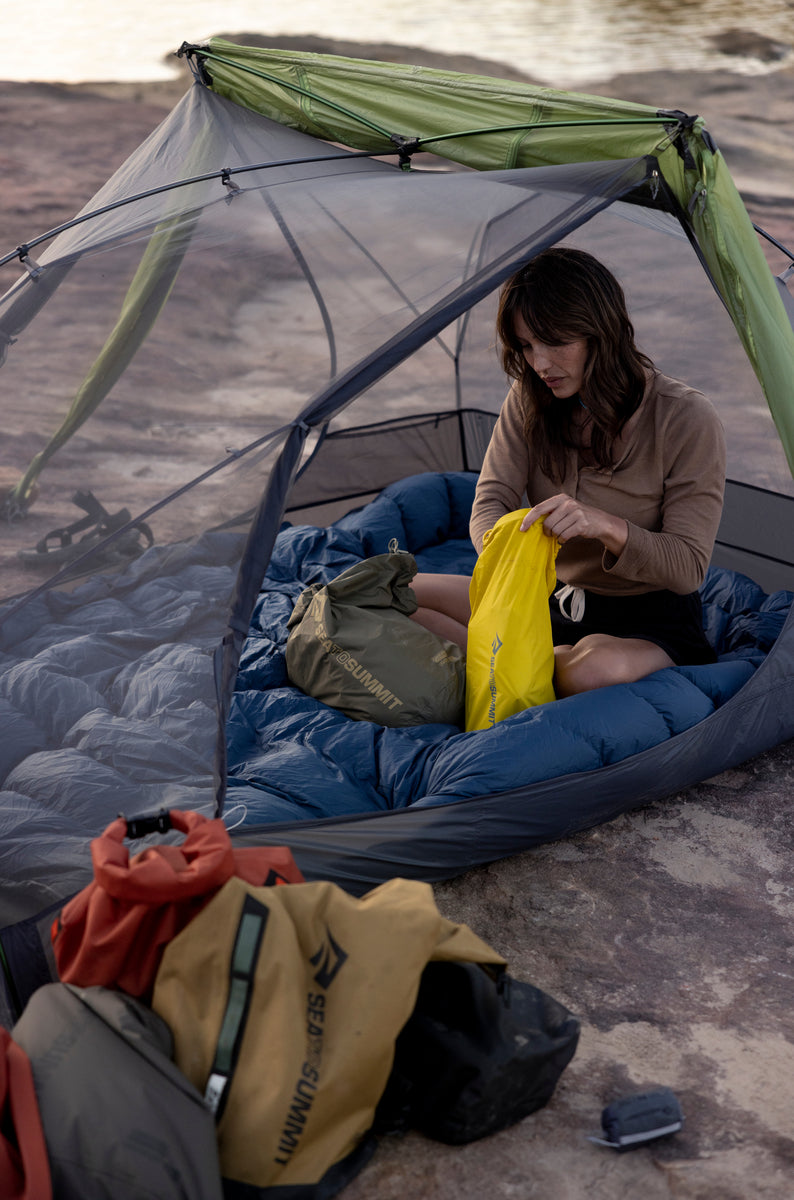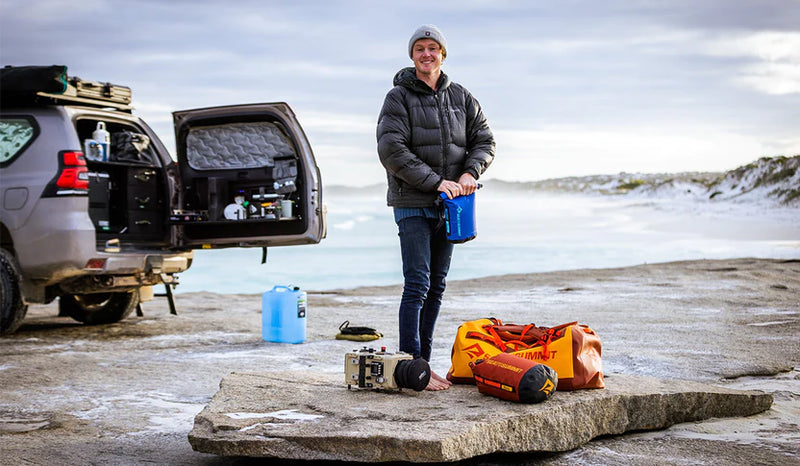Modular Packing in your Backpack

Our blog article on a modular system for packing your backpack has been one of our most popular posts, ever. However – since we first created that post, a couple of radical space-saving items have appeared on the market. They are so compact that we’ve actually changed the way we stow gear in our packs: the X-Pot series and the Air-Filled Sleeping Mats. So it’s time for a revision to that post.
The question remains: which of you has been backpacking up above tree line when the weather has suddenly turned bad and someone in the group couldn’t find where they’d packed their rain shell, gloves, and warm hat?
Alright, let me concede that a long time ago, I was that backpacker. The one who stood there frantically pulling out items from deep within his pack while the stiffening wind threatened to blow everyone off the mountain and the horizontal rain soaked both the clothes and the gear which had come out of the pack.
Not anymore.
The way I pack my backpack these days is logical, intuitive, and works well regardless of weather conditions.
What, then, is the secret for the transformation from well-intended chaos to order and harmony inside a backpack?
Dry bags and stuff sacks.

This might seem pretty obvious, but there are still a surprising number of people who don’t practice modular packing. When I pack for a backpacking trip, I group my gear then I put every item into a dry sack or stuff sack. When I have everything organized in this modular manner I can quickly and easily find what I need. Plus all of the gear that needs to stay dry, stays dry.
In fairness, some people may think that dry sacks are too heavy to be used in multiples inside a pack. Fortunately, Sea to Summit changed the rules of the dry sack game when they introduced Ultra-Sil® Dry Sacks 9 years ago. The 13 Liter sack weighs a mere 1.4oz (40g), and the 8 Liter 1.1oz (30g). The slippery Ultra-Sil® Dry Sacks slide nicely into your pack; they’re translucent so you can see what’s inside, and you can pack and unpack in the rain or snow without your gear getting wet.
If you are watching every gram, you can opt for the Ultra-Sil® Nano Dry Sacks: a 13 Liter weighs 1.0oz (28g) while an 8 Liter weighs 0.8oz (24g).
For compressible items such as a sleeping bag or insulated clothing, I use eVac Dry Sacks. Any air in the sack just squeezes out through the eVent fabric base.
The space-savings I mentioned earlier will be most evident when you pack your camp kitchen: the X-Pot (with X-Bowls and X-Mugs inside) is small enough to pack into one of your daily-ration Ziploc bags.
And your sleep system (sleeping bag, thermal or wicking liner and sleeping mat) just got a lot more compact and more modular. The Comfort Light Sleeping Mat shown in the image is the size of the old minimalist self-inflating mat I used to use, and the Air Stream Pump can replace one of the Ultra-Sil Dry Sacks to store your clothing in…
Here are some suggestions for what to pack for a week, or a winter trip. The image here shows the kind of gear we’d take on a four-to-five day tour; we’ve saved some space by including meals from our friends at Backpacker’s Pantry

Whatever you take with you, pack the lot into dry sacks or stuff sacks inside your backpack. Trust me – you don’t want to be that guy standing out in the worsening weather digging in his bag for rain gear while everything else is getting soaked …
B
